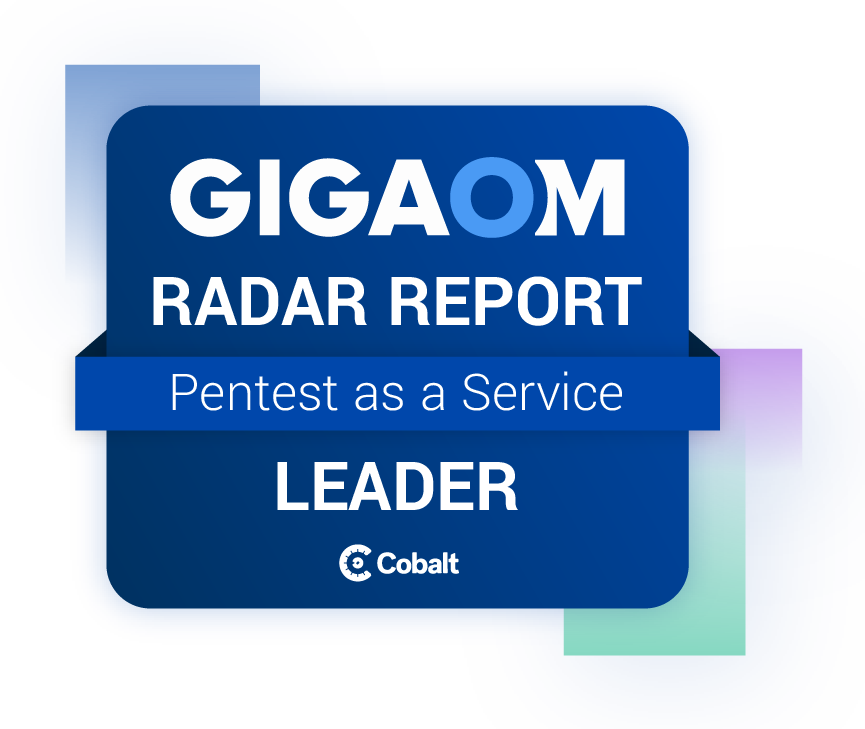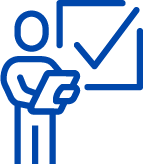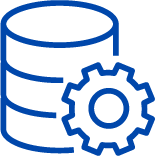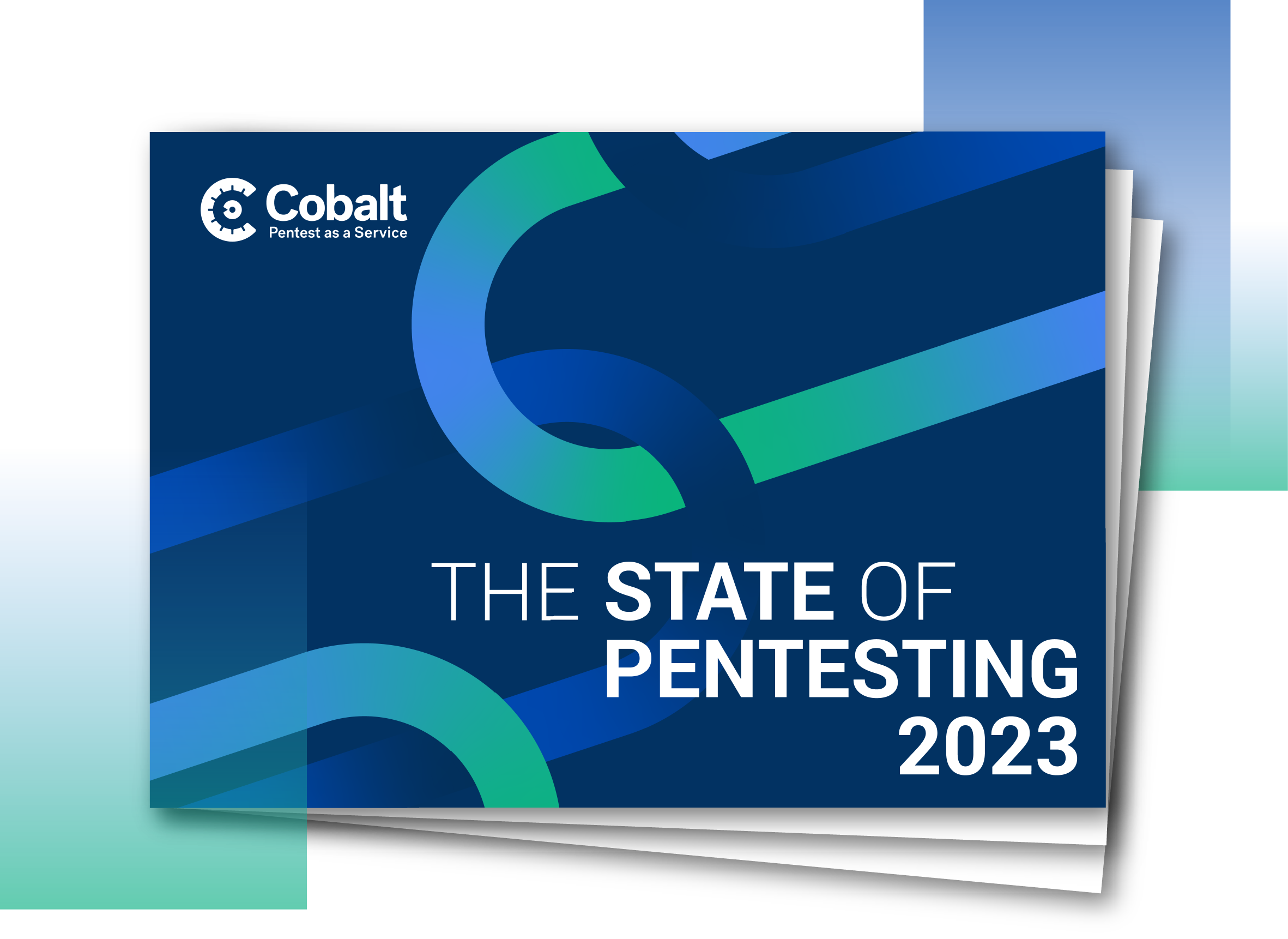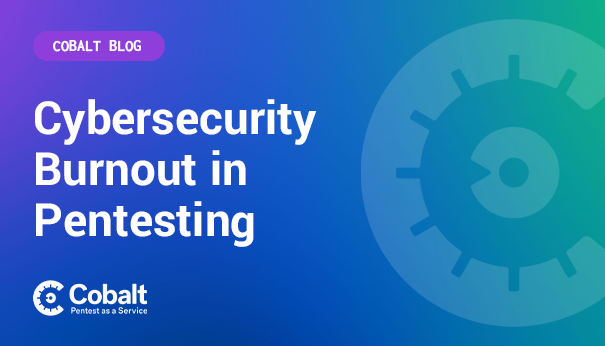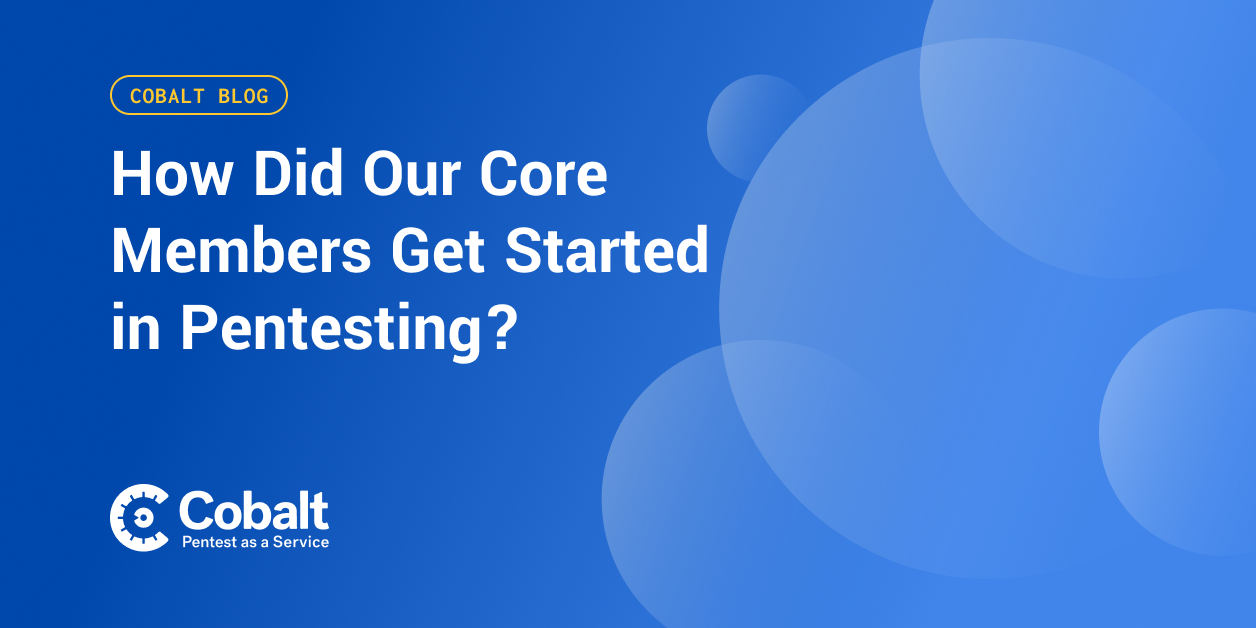For most of Cobalt’s Core Pentesters, working with us is often a side hustle or freelance gig they do alongside a full-time job. Others are freelance pentesters, which means Cobalt is just one company they work with for pentesting or bug hunting. Would you take on a side gig along with working your full-time job? How would you deal with burnout?
WebMD states, “Burnout is a form of exhaustion caused by constantly feeling swamped. It results from excessive and prolonged emotional, physical, and mental stress. In many cases, burnout is related to one's job. Burnout happens when you're overwhelmed, emotionally drained, and unable to keep up with life's incessant demands.”
Combatting Cybersecurity Burnout
“Burnout frequently occurs in the industry,” Core member Harsh Bothra said. “The first thing to do is accept that it’s happening.”
Bothra says that burnout is your mind and body asking for some peaceful time. For him, disconnecting from work and doing meditation is something that helps. He also will listen to motivational speakers or go for walks outside.
Alex Moraga, another Core member, agrees that getting away from your screen is helpful, especially when working on a complex pentest engagement.
“This allows you to analyze the target differently, think through other approaches, and learn more about the vulnerability so you can return with a fresh perspective."
Tips & Tricks
When talking with Cobalt’s Core, here are some tips they shared about how they combat burnout:
- Listen to soothing music
- Go on a mini or long vacation
- Write down what you are feeling
- Get out in nature
- Binge-watch something on T.V.
- Don’t overcommit and stay efficient
- Meditate and practice mindfulness
- Do activities or hobbies that you like
- Don’t touch your laptop!
The Mayo Clinic echos what some of our Core members already do:
Evaluate your options. Discuss specific concerns with your supervisor. Maybe you can work together to change expectations or reach compromises or solutions. Try to set goals for what must get done and what can wait.
Seek support. Whether you reach out to co-workers, friends or loved ones, support and collaboration might help you cope. If you have access to an employee assistance program, take advantage of relevant services.
Try a relaxing activity. Explore programs that can help with stress such as yoga, meditation or tai chi.
Get some exercise. Regular physical activity can help you to better deal with stress. It can also take your mind off work.
Get some sleep. Sleep restores well-being and helps protect your health.
Mindfulness. Mindfulness is the act of focusing on your breath flow and being intensely aware of what you're sensing and feeling at every moment, without interpretation or judgment. In a job setting, this practice involves facing situations with openness and patience, and without judgment.









